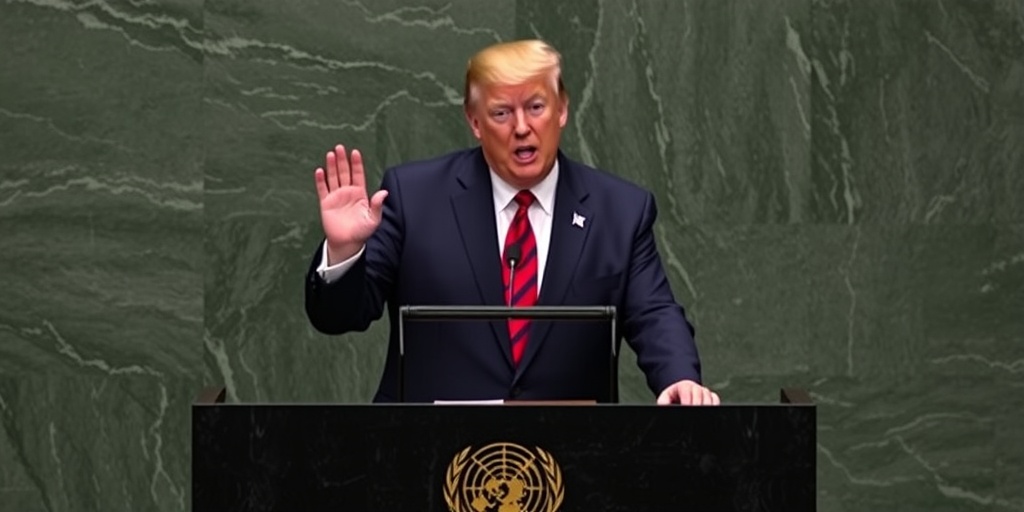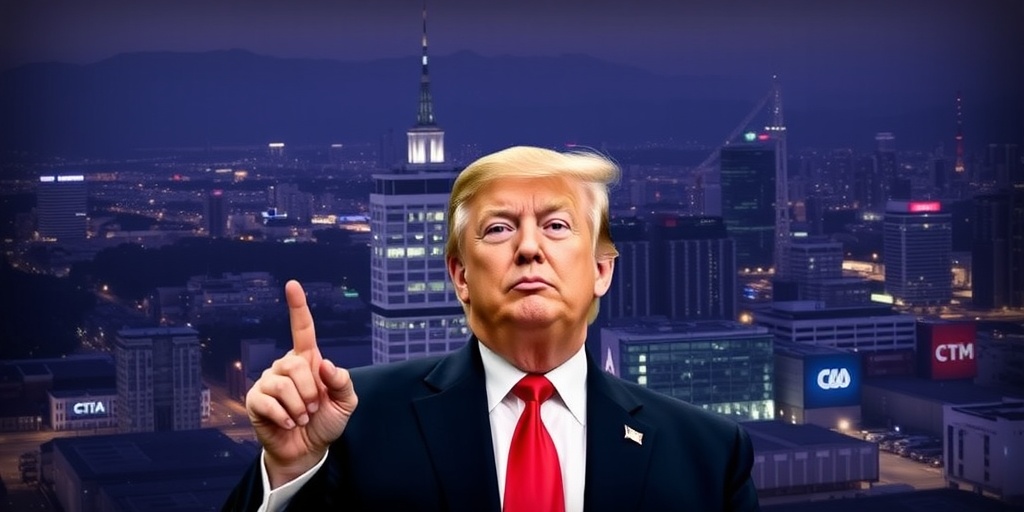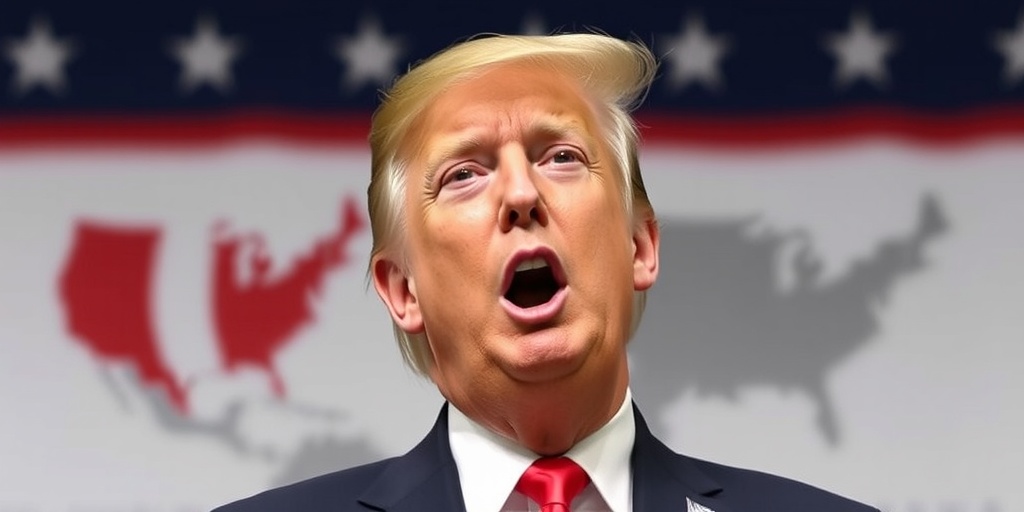Now Reading: Trump’s Day 1 Immigration Crackdown
-
01
Trump’s Day 1 Immigration Crackdown
Trump’s Day 1 Immigration Crackdown

Title: Trump Administration’s Immigration Actions Transforming the U.S. Role as a Refuge for Immigrants
In a series of executive actions that have drawn both praise and condemnation, President Donald Trump is leading a significant shift in the United States’ longstanding immigration policies. Under his administration, the American commitment to being a sanctuary for refugees and immigrants has faced immense challenges, fundamentally altering the landscape of immigration in the country.
Since taking office in January 2017, Trump’s approach to immigration has been one of the most controversial aspects of his presidency. His administration quickly moved to implement a number of policies that aim to restrict the flow of immigrants, particularly those from countries that have historically benefited from U.S. asylum and immigration programs. These changes reflect a broader vision of a more stringent immigration policy that the Trump administration believes is necessary for national security and economic stability.
One of the first executive orders issued by Trump was the infamous travel ban, officially titled Executive Order 13769, aimed at prohibiting entry into the U.S. for individuals from predominantly Muslim countries. This move sparked widespread protests and legal challenges, with critics arguing that it was discriminatory and undermined America’s legacy as a haven for those seeking refuge from persecution. Following several iterations and court challenges, the travel ban eventually became law, significantly reducing the number of individuals able to enter the country from specific nations.
In addition to the travel ban, the Trump administration has sought to dismantle the Deferred Action for Childhood Arrivals (DACA) program, which offers protection to individuals brought to the U.S. illegally as children. The administration’s efforts to end DACA have faced pushback in the courts, with various legal battles highlighting the uncertainty and fear that many DREAMers continue to face. The potential loss of DACA protections has left hundreds of thousands of young people in limbo, with their future in the country hanging in the balance.
The administration has also taken steps to limit refugee admissions to historically low levels. The annual cap on the number of refugees allowed to resettle in the U.S. has been slashed, from over 110,000 under the Obama administration to just 18,000 for fiscal year 2020. This dramatic reduction marks a critical pivot in U.S. refugee policy, abandoning the tradition of providing sanctuary for the world’s most vulnerable populations. The decision has drawn sharp criticism from humanitarian organizations, which argue that the U.S. has a moral obligation to protect refugees fleeing conflict and persecution.
Moreover, the Trump administration’s "zero-tolerance" policy on illegal immigration has resulted in the separation of thousands of families at the U.S.-Mexico border. Images of children being taken from their parents and housed in detention facilities sparked a national outcry, prompting calls for policy reform and greater compassion in handling immigration cases. Although Trump later signed an executive order to halt family separations, the fallout from such policies continues to reverberate, further straining the relationship between immigrant communities and law enforcement.
The administration has also sought to enhance border security through the construction of a wall along the southern border, which has become a central tenet of Trump’s campaign promises. While funding for the wall has been a contentious issue and has faced numerous hurdles, the administration continues to tout the project as essential for national security.
These actions reflect a broader shift in the national conversation around immigration, with Trump continually framing the issue in terms of safety and security rather than compassion and humanity. His administration’s focus on illegal immigration and criminality has often overshadowed the contributions of immigrants to American society, leading to a polarizing discourse that resonates with a significant segment of the electorate.
As the Trump administration moves forward, its policies have sparked an ongoing debate about the nation’s identity and its role in the world. Advocates for immigrants argue that these changes threaten not only the lives of millions of people seeking safety and opportunity but also undermine the core values upon which the United States was founded. In contrast, supporters of the administration’s approach believe that prioritizing national security and sovereignty is essential for the country’s well-being.
The future of U.S. immigration policy remains uncertain as the nation grapples with the consequences of these sweeping changes. As political battles continue in the courts and in Congress, the discussion surrounding immigration will undoubtedly play a significant role in shaping the core values and identity of the United States for years to come. As the Trump administration continues its efforts to reshape immigration, the consequences for millions of refugees and immigrants will be profound and lasting.
Stay Informed With the Latest & Most Important News
Previous Post
Next Post
-
 01New technology breakthrough has everyone talking right now
01New technology breakthrough has everyone talking right now -
 02Unbelievable life hack everyone needs to try today
02Unbelievable life hack everyone needs to try today -
 03Fascinating discovery found buried deep beneath the ocean
03Fascinating discovery found buried deep beneath the ocean -
 04Man invents genius device that solves everyday problems
04Man invents genius device that solves everyday problems -
 05Shocking discovery that changes what we know forever
05Shocking discovery that changes what we know forever -
 06Internet goes wild over celebrity’s unexpected fashion choice
06Internet goes wild over celebrity’s unexpected fashion choice -
 07Rare animal sighting stuns scientists and wildlife lovers
07Rare animal sighting stuns scientists and wildlife lovers





















